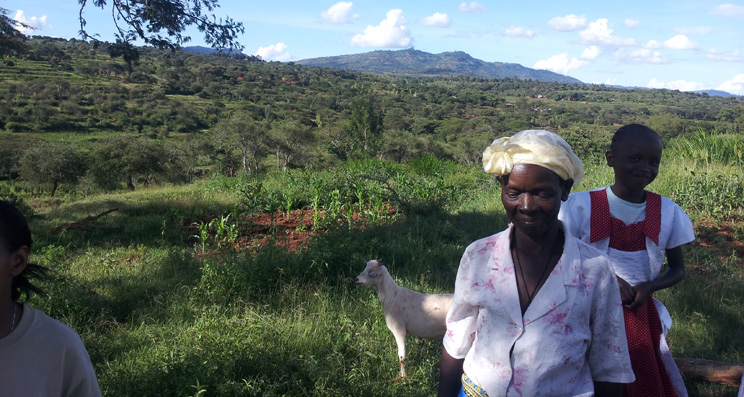This week I can’t help but relating to the International Working Women’s day celebration. I’ll do so celebrating Voces Verdes (Green Voices) — a great initiative by Mujeres por Africa (Women for Africa). Women for Africa is a Foundation aimed at contributing to African development through its women. Green Voices is a newly launched project to empower Tanzanian women fight climate change.
Envisioning a large impact, Green Voices starts small. In its first edition, it involves 15 women: 5 farmers, 5 social leaders, and 5 journalists. It involves a two-week training program where experiences will be shared. Then, the farmers will launch their projects in Tanzania with the support of the social leaders. The various initiatives fall in the scope of agriculture, water, renewable energies, and waste management. The role of the journalists is to roll a communication campaign to increase Tanzanians’ awareness of the need of this type of projects.

Green Voices is in the spirit of Women for Africa whose activities rest on a few principles: they involve knowledge transfer, have a multiplier effect, and foster socio-economic development. In this way, Women for Africa ensures that its projects have a long-term, durable impact on a large scale.
85 % of Tanzanian women work in agricultural activities. More broadly, in sub-Saharan Africa more than 120 million women work in small farms. These farms are the main producers of agricultural outputs in the region.
Agriculture is an industry severely affected by climate change. But at the same time, it’s the principal contributor to global warming! Africa accounts for 15 % of global agricultural greenhouse gas emissions. I’m no expert in agricultural systems: I refer you to the Africa Agriculture Status Report 2014.
I don’t mean to blame African smallholder farms on climate change – by any means! Quite the contrary: a rise in temperature, and drought have been devastating for farming. More often, the causes of climate are to be traced back to the behavior of some companies from other geographies that do in Africa and other poor regions what they would never do in developed countries.
And I don’t mean to blame it on all foreign companies either: it all depends on who’s running them! Some of them do care about climate change, and do engage in initiatives that promote local development. For instance, take a look at how Rijk Zwaan — a seeds company from The Netherlands — approaches the challenges that climate change pose to agriculture.
African women are an agent of change in fighting climate change. I wish others will follow suit!
Btw, if you can spare a few minutes, listen to Green Voices – such an enjoyable music!
Want to keep reading while listening to the music? Take a look at some other posts related to African women:


Hi Africa!
That video clip is amazing. Lyrics come from a well recognized Spanish pop singer but the enthusiasm of these Tanzanian women singing is unforgettable.
The work that all those women in Africa preserving the environment and use of all the elements around us, for sure will be absolutely necessary for the future of our world along the next years.
My company is contributing here in Europe with a group of companies in a circular economy project. Our task….. developing the business model.
Hi Jose-Pedro, I’ll be very interested in learning about your comapny’s project at some time.
Of course. We are starting now the project. I will share with you in a couple of months.
Thank you, Jose pedro!
I listened to the “Green Voices” music, and I find it very nice and enjoyable! Thanks for sharing.
I’m glad you enjoyed it, Khaled! It’s relaxing…